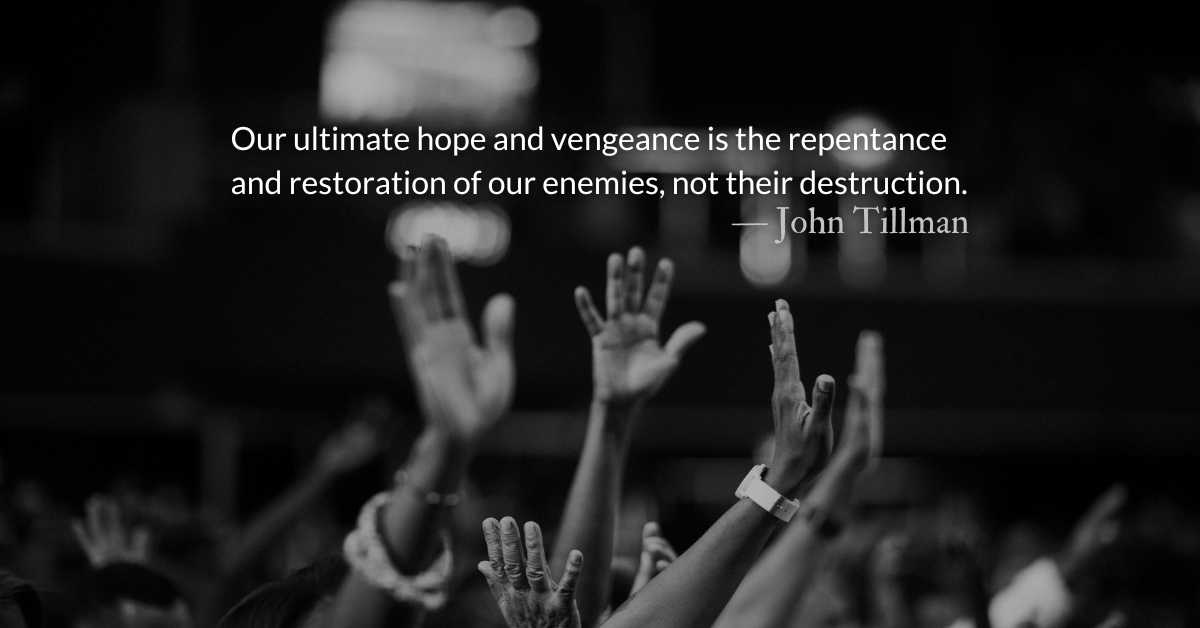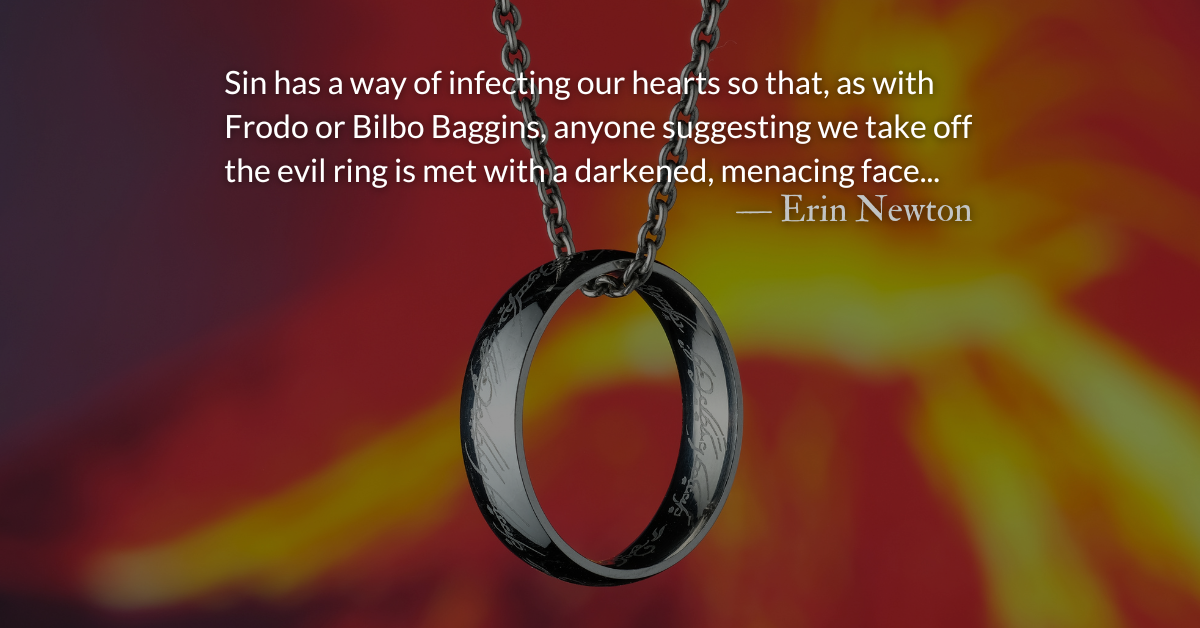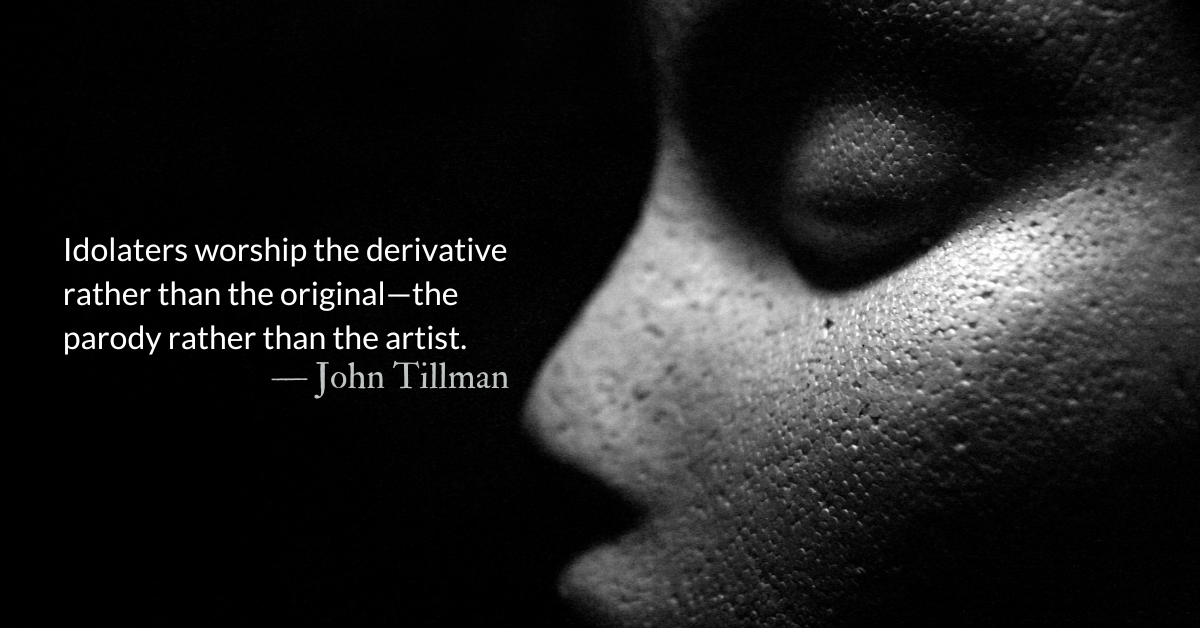Scripture Focus: Jeremiah 16.11-12
11 Then you will answer them, ‘Because your ancestors abandoned me—this is the Lord’s declaration—and followed other gods, served them, and bowed in worship to them. Indeed, they abandoned me and did not keep my instruction. 12 You did more evil than your ancestors. Look, each one of you was following the stubbornness of his evil heart, not obeying me.
Reflection: Stubborn Hearts are Hard Hearts
By Erin Newton
What can be worse than the worst? There is a sort of irony in this message. Jeremiah’s ancestors had worshiped idols, bowing to the stone and metal they had created. When it comes to high-handedly sinning against God, idolatry is typically the direst example of such sin. Yet, God declares that Jeremiah’s generation is more wicked. What sin can outdo the waywardness of idolatry? Stubbornness.
The word used for stubbornness is often translated as “hardness of heart.” It is the type of heart that Ezekiel later calls a heart of stone and compares it with a new heart of flesh. It is a self-reliant heart. It is a heart that cannot be corrected, trained, or rebuked. The stubborn person listens only to himself or herself. The stubborn person is confident of oneself and obstinate toward God.
God was not pleased with the ancestors who had worshiped idols. They broke the first commandment blatantly and without shame. There is within this text the sense that God has always stood by, ready to bestow mercy and forgiveness despite their wayward hearts. We have seen his graciousness over and over in the Old Testament but the tone changes when the people defiantly refuse to change their ways.
All sins can be enticing in some way or another. The lure of luxury and ease. The seduction of physical pleasure. The appeal of control and power. Stubbornness chooses the pleasure that sin offers over the willingness to cut off one’s hand or pluck out one’s eye for the sake of Christ. (Matthew 5.29)
Beneath the outward expression of stubbornness is a foundation of pride. When we choose pride over humility, we claim to know what is best for ourselves. Pride calcifies the sensitivity of our souls making them callous to conviction. Pride leaves us unable to admit our faults or seek forgiveness.
How do we prevent stubbornness from taking hold of our hearts? Humility is the answer. We need humility to trust God to deliver us from evil when we are led into temptation. We need humility to accept that we will always fall short.
Let us ask God to continuously chip away the callous self-reliant edges of our hearts. Let us trust God for what he has done and what he has promised to do. With a heart of flesh, a heart softened to follow Christ, we can live with open hands ready to follow him.
Divine Hours Prayer: The Request for Presence
Be my strong rock, a castle to keep me safe, for you are my crag and my stronghold; for the sake of your Name, lead me and guide me. — Psalm 31.3
– From The Divine Hours: Prayers for Summertime by Phyllis Tickle.
Today’s Readings
Jeremiah 16(Listen -3:52)
1 Thessalonians 1(Listen – 1:27)
Read more about Choices and Hard Hearts
Hardened hearts happen in stages. Our choices matter. Our hearts are hardened or softened day after day.
Readers’ Choice is Coming!
We need to know your favorite posts from the past 12 months. Even if all you have to say is, “It blessed me,” share it with us and we’ll share it with others.











